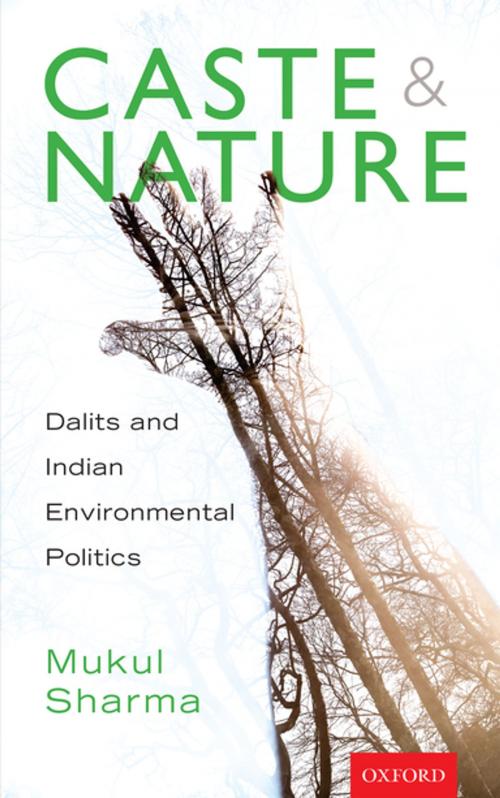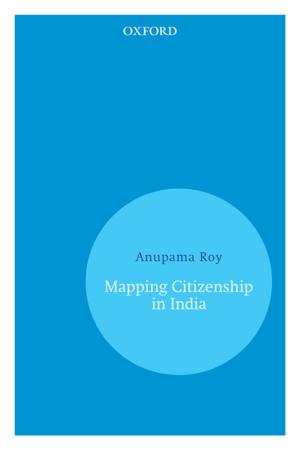Caste and nature
Dalits and Indian Environmental Policies
Nonfiction, History, Asian, India, Religion & Spirituality, Eastern Religions, Hinduism| Author: | Mukul Sharma | ISBN: | 9780199091607 |
| Publisher: | OUP India | Publication: | September 25, 2017 |
| Imprint: | OUP India | Language: | English |
| Author: | Mukul Sharma |
| ISBN: | 9780199091607 |
| Publisher: | OUP India |
| Publication: | September 25, 2017 |
| Imprint: | OUP India |
| Language: | English |
Rarely do Indian environmental discourses examine nature through the lens of caste. Whereas nature is considered as universal and inherent, caste is understood as a constructed historical and social entity. Mukul Sharma shows how caste and nature are intimately connected. He compares Dalit meanings of environment to ideas and practices of neo-Brahmanism and certain mainstreams of environmental thought. Showing how Dalit experiences of environment are ridden with metaphors of pollution, impurity, and dirt, the author is able to bring forth new dimensions on both environment and Dalits, without valourizing the latter’s standpoint. Rather than looking for a coherent understanding of their ecology, the book explores the diverse and rich intellectual resources of Dalits, such as movements, songs, myths, memories, and metaphors around nature. These reveal their quest to define themselves in caste-ridden nature and building a form of environmentalism free from the burdens of caste. The Dalits also pose a critical challenge to Indian environmentalism, which has, until now, marginalized such linkages between caste and nature.
Rarely do Indian environmental discourses examine nature through the lens of caste. Whereas nature is considered as universal and inherent, caste is understood as a constructed historical and social entity. Mukul Sharma shows how caste and nature are intimately connected. He compares Dalit meanings of environment to ideas and practices of neo-Brahmanism and certain mainstreams of environmental thought. Showing how Dalit experiences of environment are ridden with metaphors of pollution, impurity, and dirt, the author is able to bring forth new dimensions on both environment and Dalits, without valourizing the latter’s standpoint. Rather than looking for a coherent understanding of their ecology, the book explores the diverse and rich intellectual resources of Dalits, such as movements, songs, myths, memories, and metaphors around nature. These reveal their quest to define themselves in caste-ridden nature and building a form of environmentalism free from the burdens of caste. The Dalits also pose a critical challenge to Indian environmentalism, which has, until now, marginalized such linkages between caste and nature.















